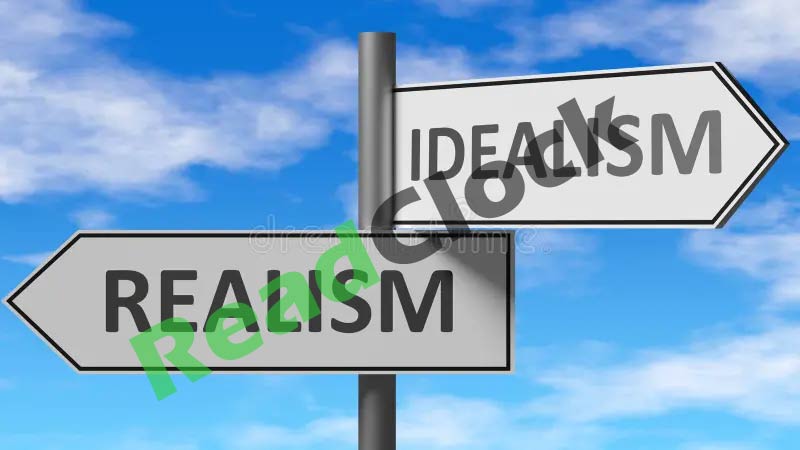This article is all about balancing idealism and realism, America’s quest for world order Let begin with the nature of the international order that was at issue when the Soviet Union emerged as a challenge to the Westphalia state system. With decades of hindsight, one can debate whether the balance sought by America was always the optimum. But it is hard to gainsay that the United States, in a world of weapons of mass destruction and political and social upheaval, preserved the peace, helped restore Europe’s vitality, and provided crucial economic aid to emerging countries. It was in the conduct of its “hot” wars that America found it difficult to relate purpose to possibility. In only one of the five wars America fought after World War II (Korea, Vietnam, the first Gulf War, Iraq, and Afghanistan), the first Gulf War under President George H. W.
Bush, did America achieve the goals it had put forward for entering it without intense domestic division? When the outcomes of the other conflicts—ranging from stalemate to unilateral withdrawal—became foreordained is a subject for another debate. For present purposes, it is sufficient to state that a country that has to play an indispensable role in the search for world order needs to begin that task by coming to terms with that role and with itself. The essence of historical events is rarely fully apparent to those living through them. The Iraq War may be seen as a catalyzing event in a larger transformation of the region—the fundamental character of which is as yet unknown and awaits the long-term outcome of the Arab Spring, the Iranian nuclear and geopolitical challenge, and the jihadist assault on Iraq and Syria. The advent of electoral politics in Iraq in 2004 almost certainly inspired demands for participatory institutions elsewhere in the region; what is yet to be seen is whether they can be combined with a spirit of tolerance and peaceful compromise.
As America examines the lessons of its twenty-first-century wars, it is important to remember that no other major power has brought to its strategic efforts such deeply felt aspirations for human betterment. There is a special character to a nation that proclaims that war aims not only to punish its enemies but to improve the lives of its people—that has sought victory not in domination but in sharing the fruits of liberty. America would not be true to itself if it abandoned this essential idealism. Nor would it reassure friends (or win over adversaries) by setting aside such a core aspect of its national experience. But to be effective, these inspirational aspects of policy must be paired with an unsentimental analysis of underlying factors, including the cultural and geopolitical configuration of other regions and the dedication and resourcefulness of adversaries opposing American interests and values. America’s moral aspirations need to be combined with an approach that takes into account the strategic element of policy in terms the American people can support and sustain through multiple political cycles. Former Secretary of State George Shultz has articulated the American ambivalence wisely: Americans, being a moral people, want their foreign policy to reflect the values we espouse as a nation. But Americans, being a practical people, also want their foreign policy to be effective. The American domestic debate is frequently described as a contest between idealism and realism. It may turn out—for America and the rest of the world—that if America cannot act in both modes, it will not be able to fulfill either

